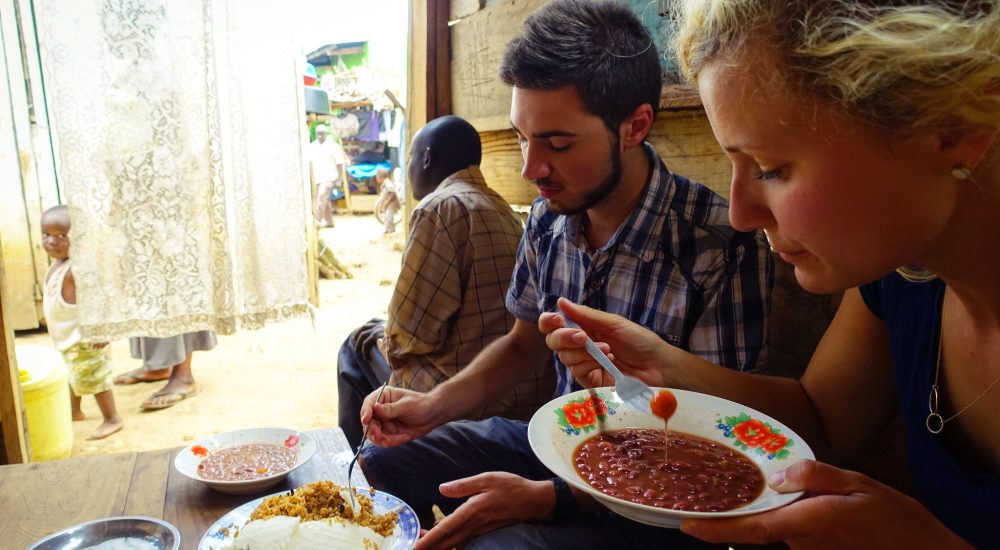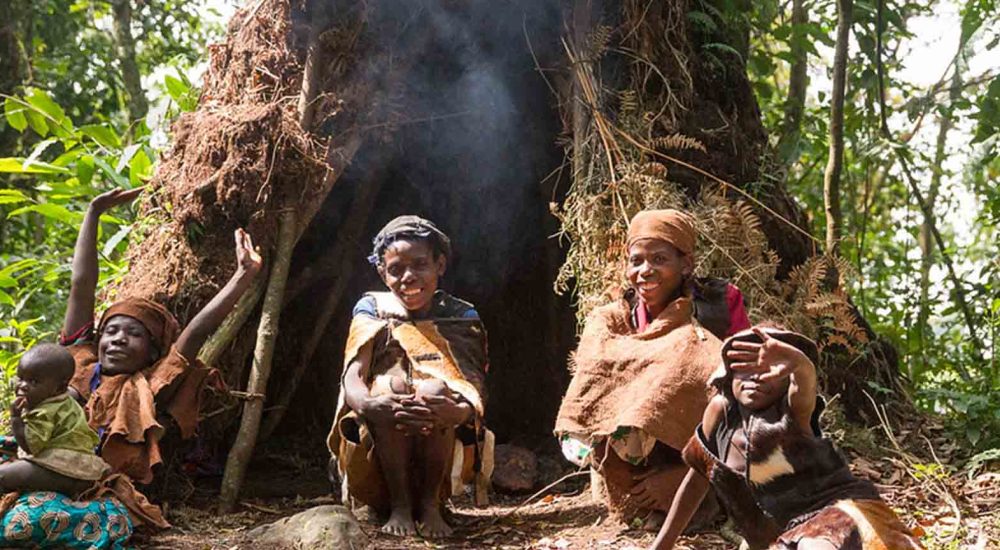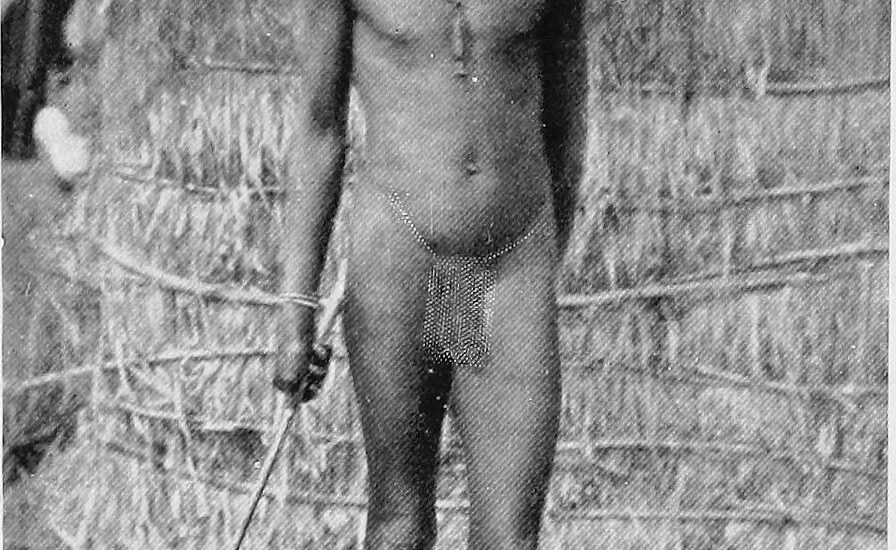Many visitors to Uganda for business or Uganda safari tours have a range of food-related…
Ugandan People and Culture: A Tapestry of Diversity and Resilience
Uganda, an East African landlocked country, is known for its complex cultural tapestry, rich customs, and friendly hospitality. Over 56 ethnic groups make up the country’s diversified population, each with its own set of customs, languages, and ways of life. This variety is a source of strength for Ugandans, generating a feeling of solidarity and common identity.
Ethnic Diversity and Unity
The largest ethnic group in Uganda is the Baganda, who primarily inhabit the central region around the capital city, Kampala. Other significant ethnic groups include the Banyankole, Basoga, Bakiga, and many more. Despite their distinct identities, Ugandans have strived to build a sense of national unity, transcending ethnic boundaries.
Languages and Communication
Uganda is a multilingual country with English as its official language. English serves as a unifying medium for communication and education. However, there are numerous local languages spoken throughout the country, including Luganda, Ateso, Runyankole, and Luo, among others. These languages are an integral part of Ugandan identity, and they reflect the cultural richness of the nation.
Traditional Arts and Crafts
Uganda’s cultural heritage is vividly expressed through its traditional arts and crafts. Colorful fabrics, intricate beadwork, and beautifully woven baskets are just a few examples of the artistic prowess of Ugandan craftsmen. Music and dance are deeply embedded in Ugandan culture, with various tribes showcasing their unique rhythms and movements during celebrations and festivals.
Family and Community Values
Ugandans place great importance on family and community values. Extended families often live together and play a significant role in shaping an individual’s identity and life choices. Respect for elders is a cornerstone of Ugandan culture, and traditions such as storytelling, proverbs, and ceremonies are used to impart wisdom and values to younger generations.
Religion and Spirituality
Uganda is a religiously diverse nation. While Christianity is the dominant religion, with both Catholic and Protestant denominations present, there is also a substantial Muslim population. Indigenous African beliefs and practices persist among some ethnic groups, emphasizing a deep connection to the land and ancestral spirits.
Cultural Celebrations and Festivals
Ugandans celebrate a variety of traditional and religious festivals throughout the year. The Buganda Kingdom’s Kabaka’s Birthday is a grand celebration featuring music, dance, and cultural displays. The Imbalu circumcision ceremony, held by the Bagisu people, is a significant rite of passage for young men. The Kasubi Tombs, a UNESCO World Heritage site, are an important cultural center where the Buganda royal family is buried, and ceremonies and rituals take place.
Challenges and Resilience
Ugandan culture has endured challenges, including colonialism and political instability, which have left their mark on the nation. However, the Ugandan people have demonstrated remarkable resilience, drawing strength from their cultural heritage to rebuild their communities and preserve their identities.
Tourism and Cultural Exchange
Uganda’s cultural diversity has become a compelling attraction for tourists seeking an authentic experience. Visitors can participate in traditional ceremonies, witness vibrant dances, and interact with local communities. This cultural exchange not only benefits the local economy but also fosters mutual understanding and appreciation.
Finally, Ugandans and their culture are a wonderful combination of variety and togetherness. Ugandans take pride in their ancestry and continue to manage the intricacies of modernity while keeping the core of their cultural identity, thanks to a rich tapestry of languages, customs, and values.


